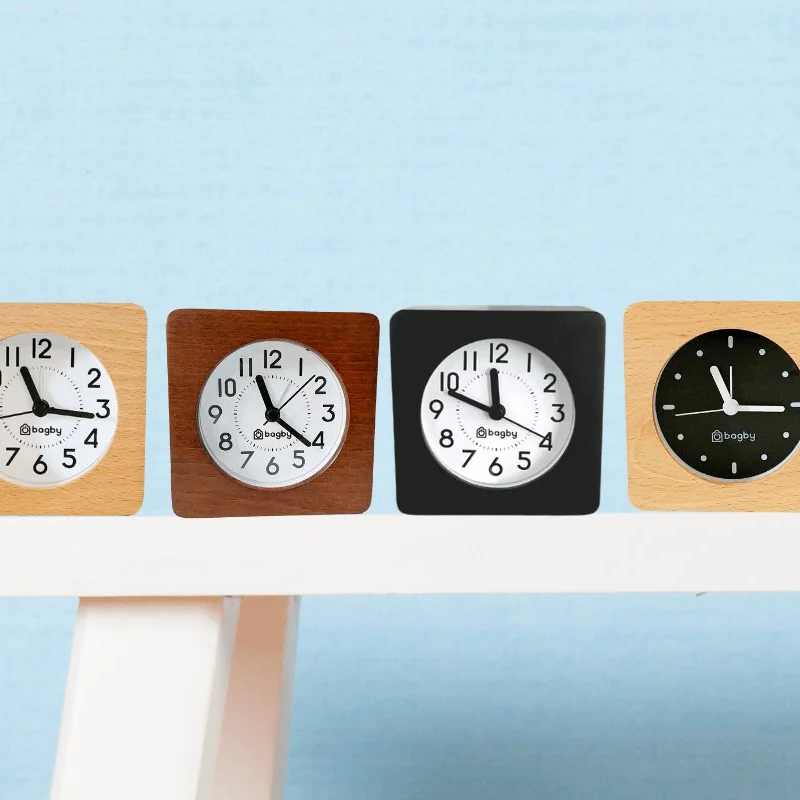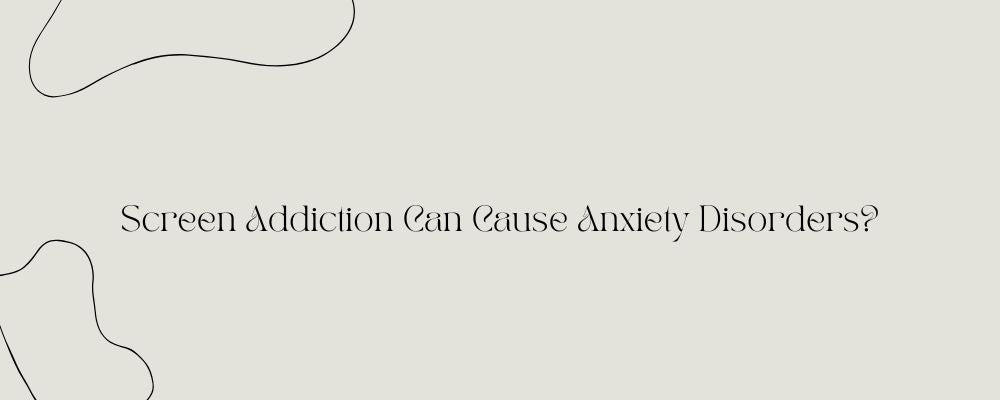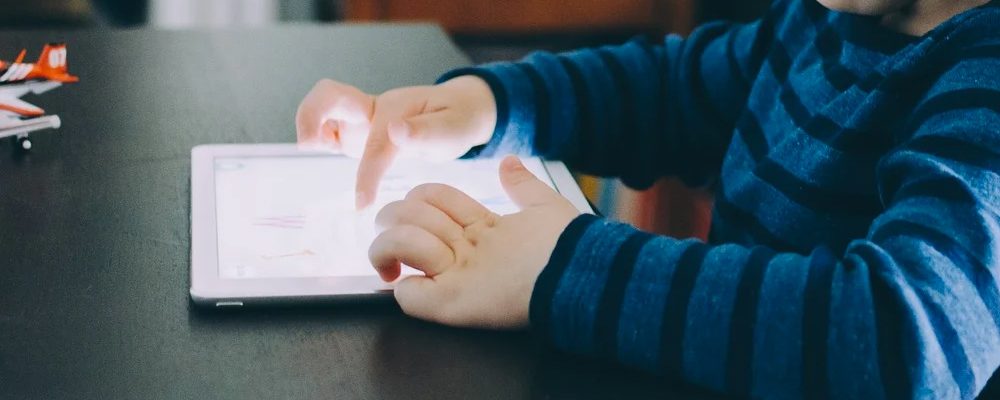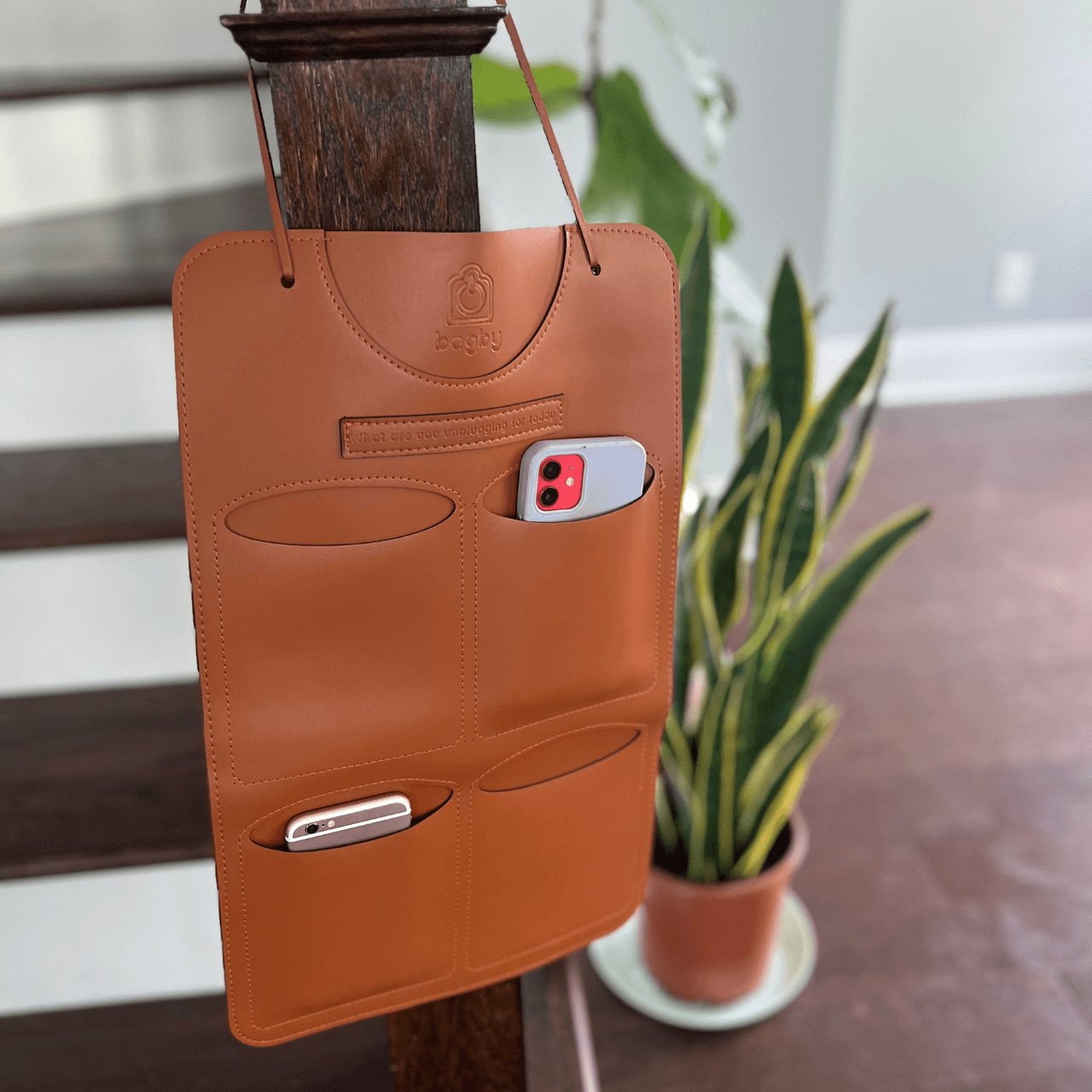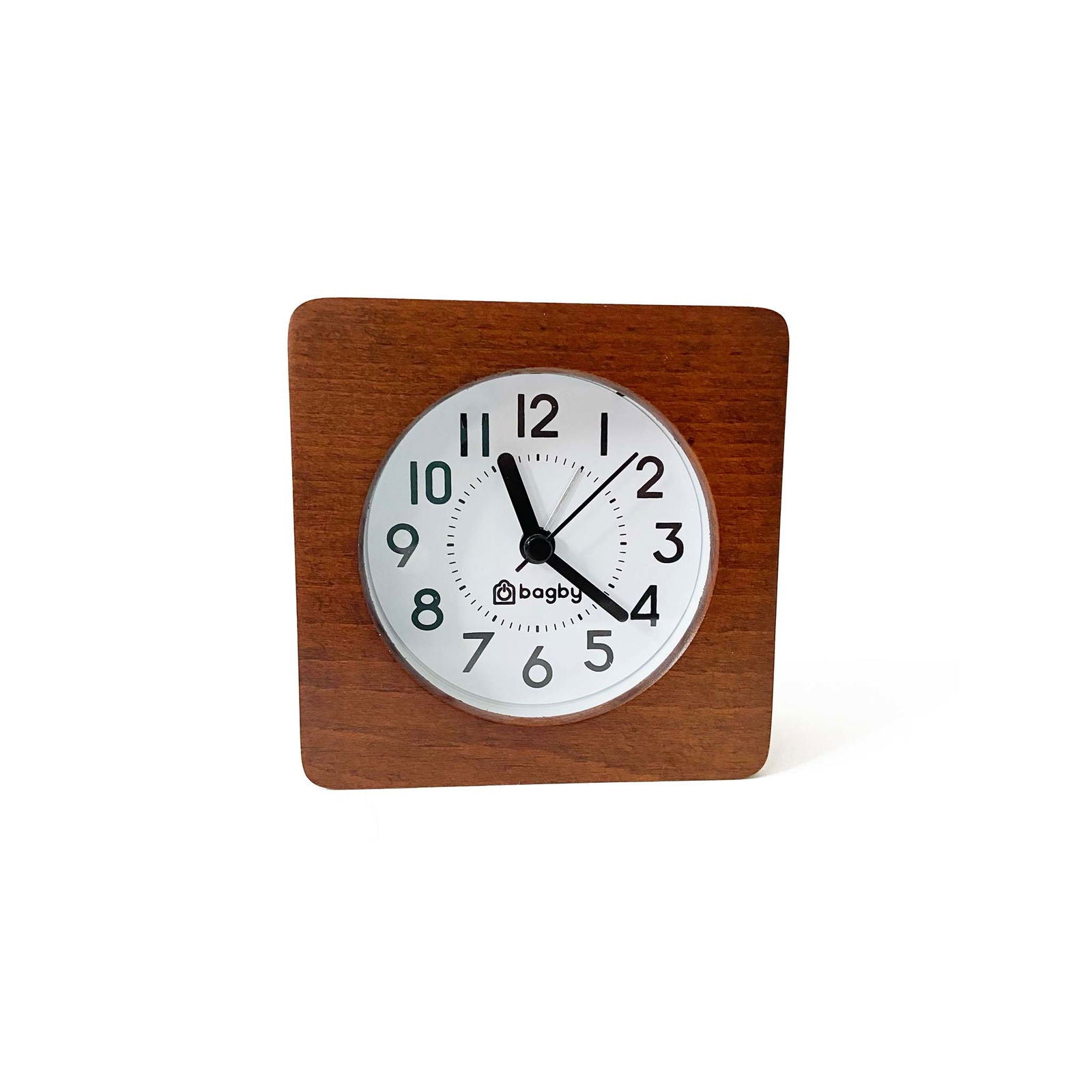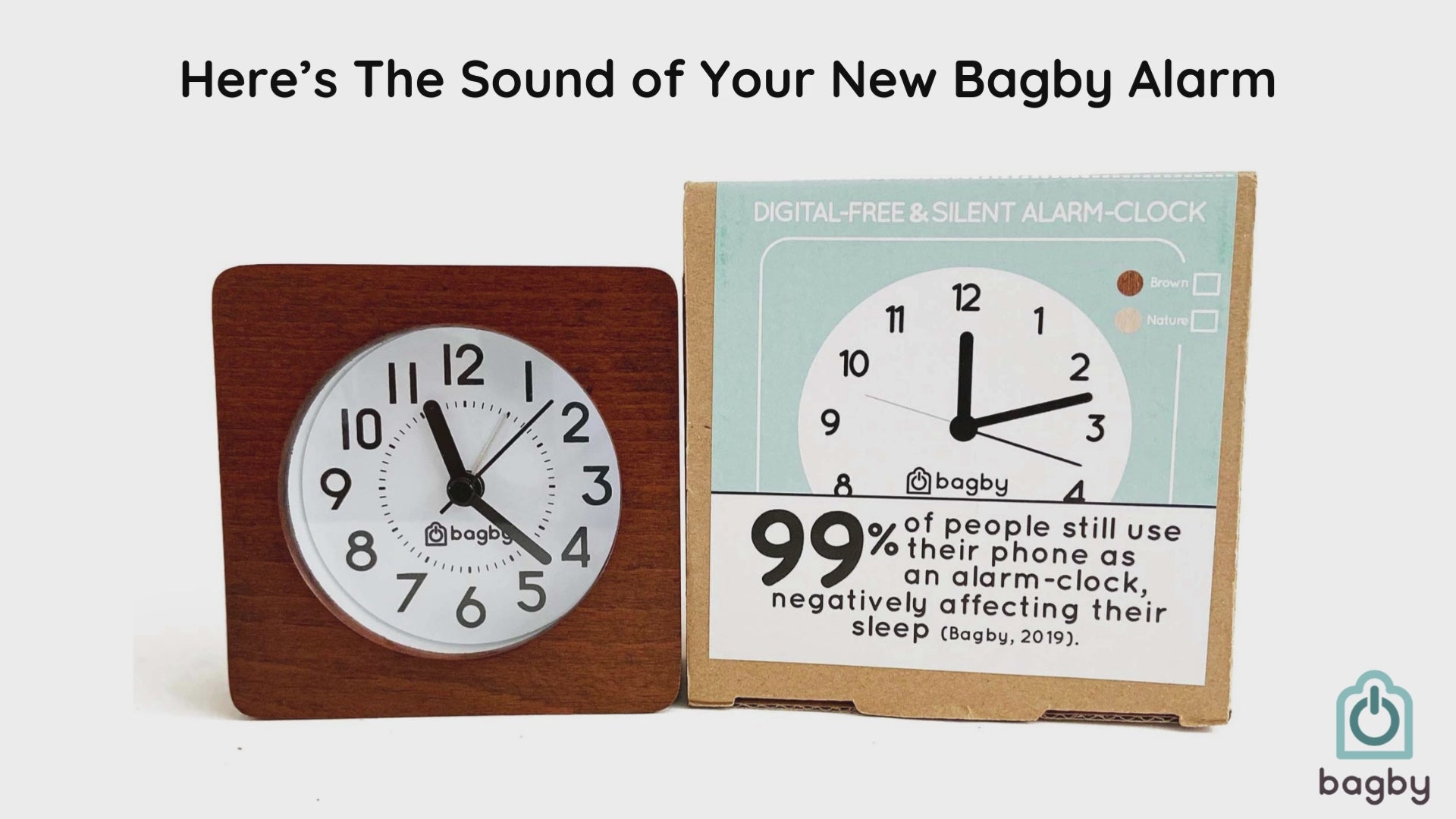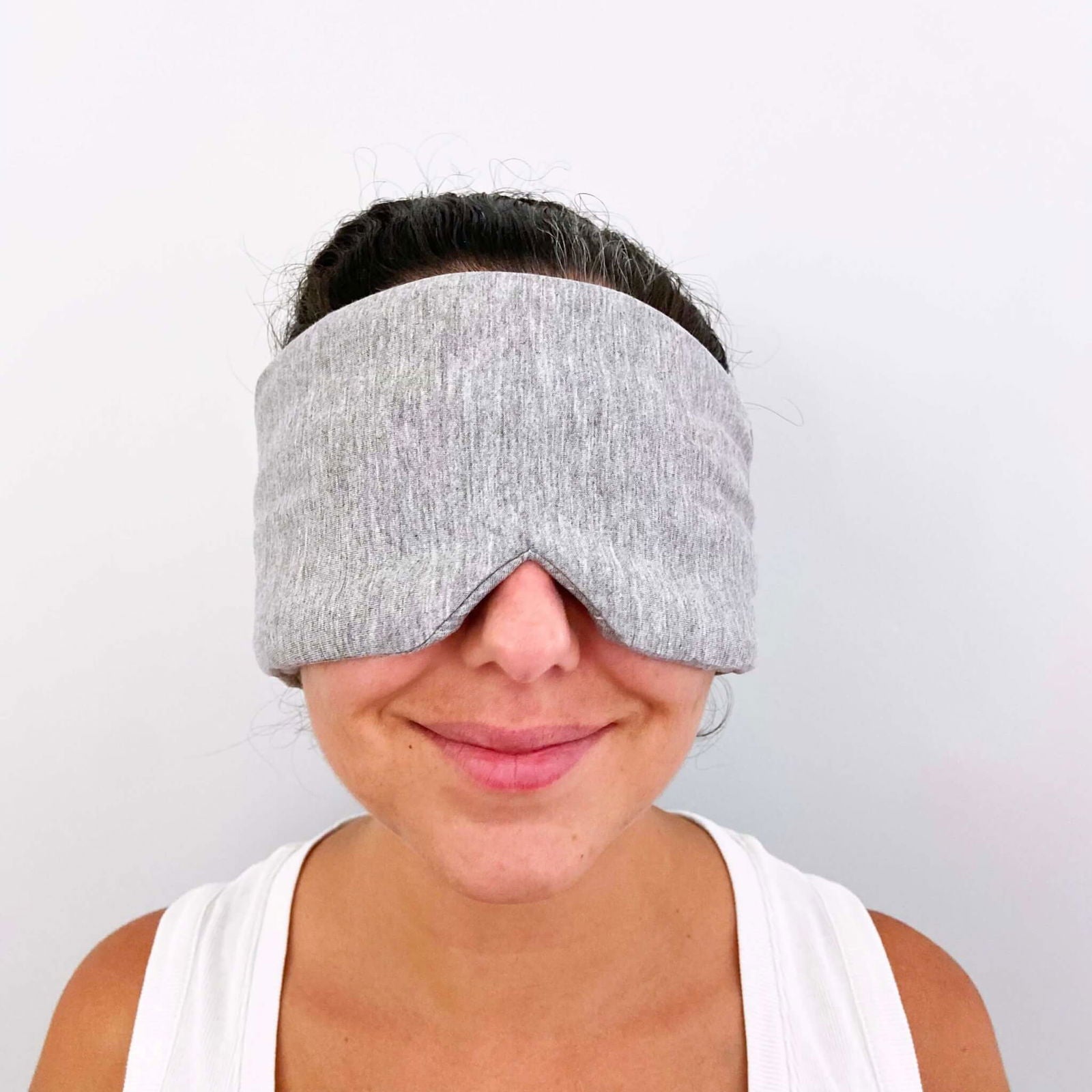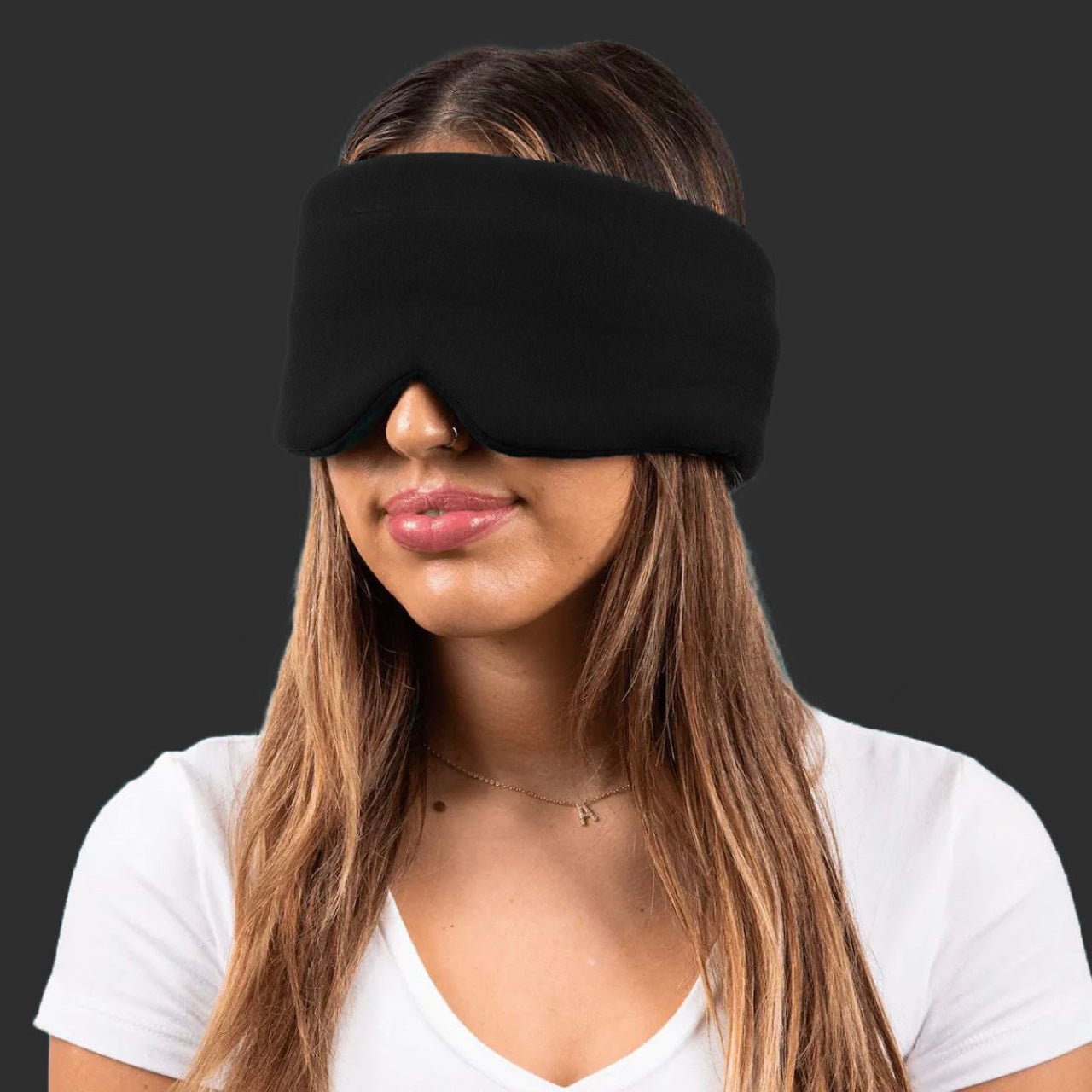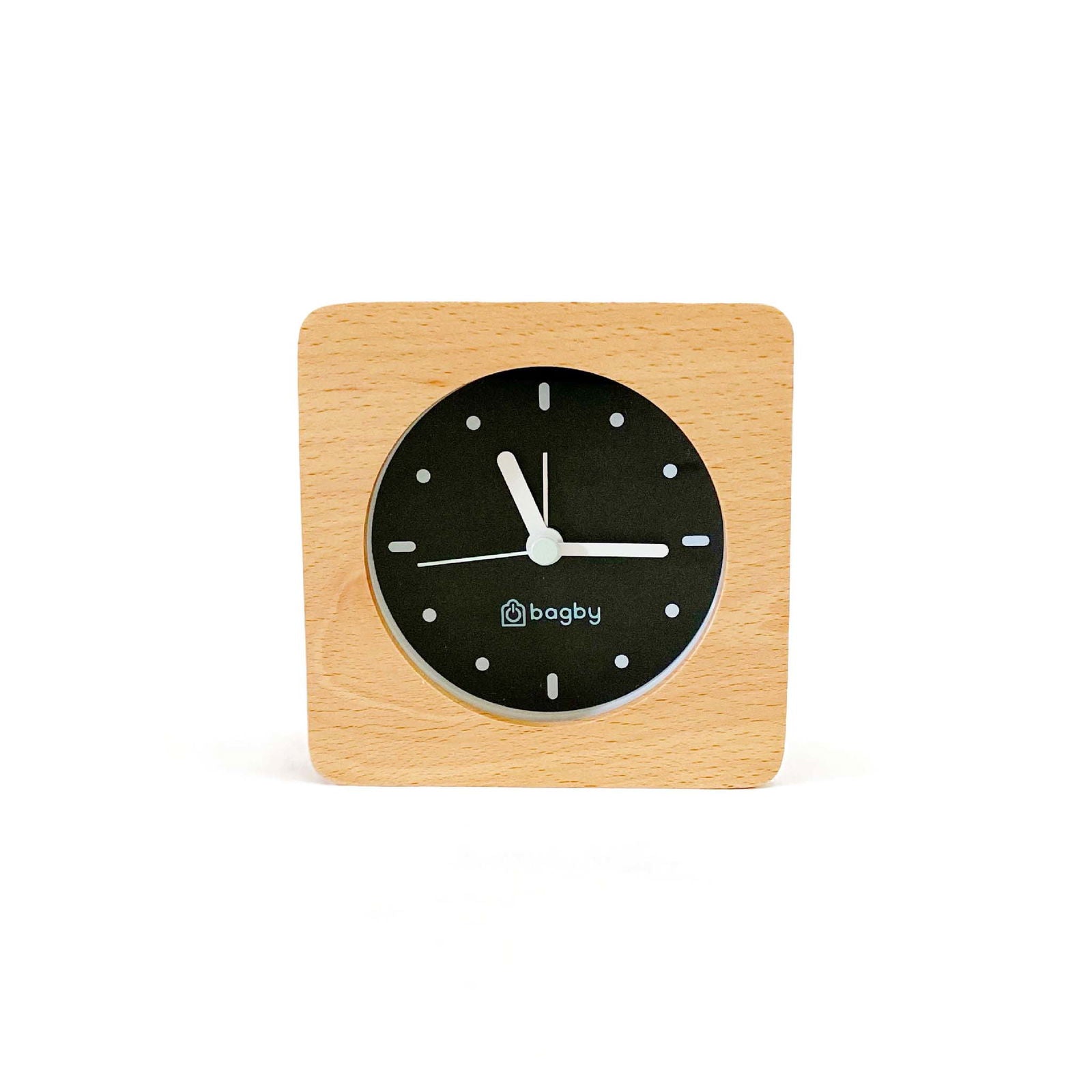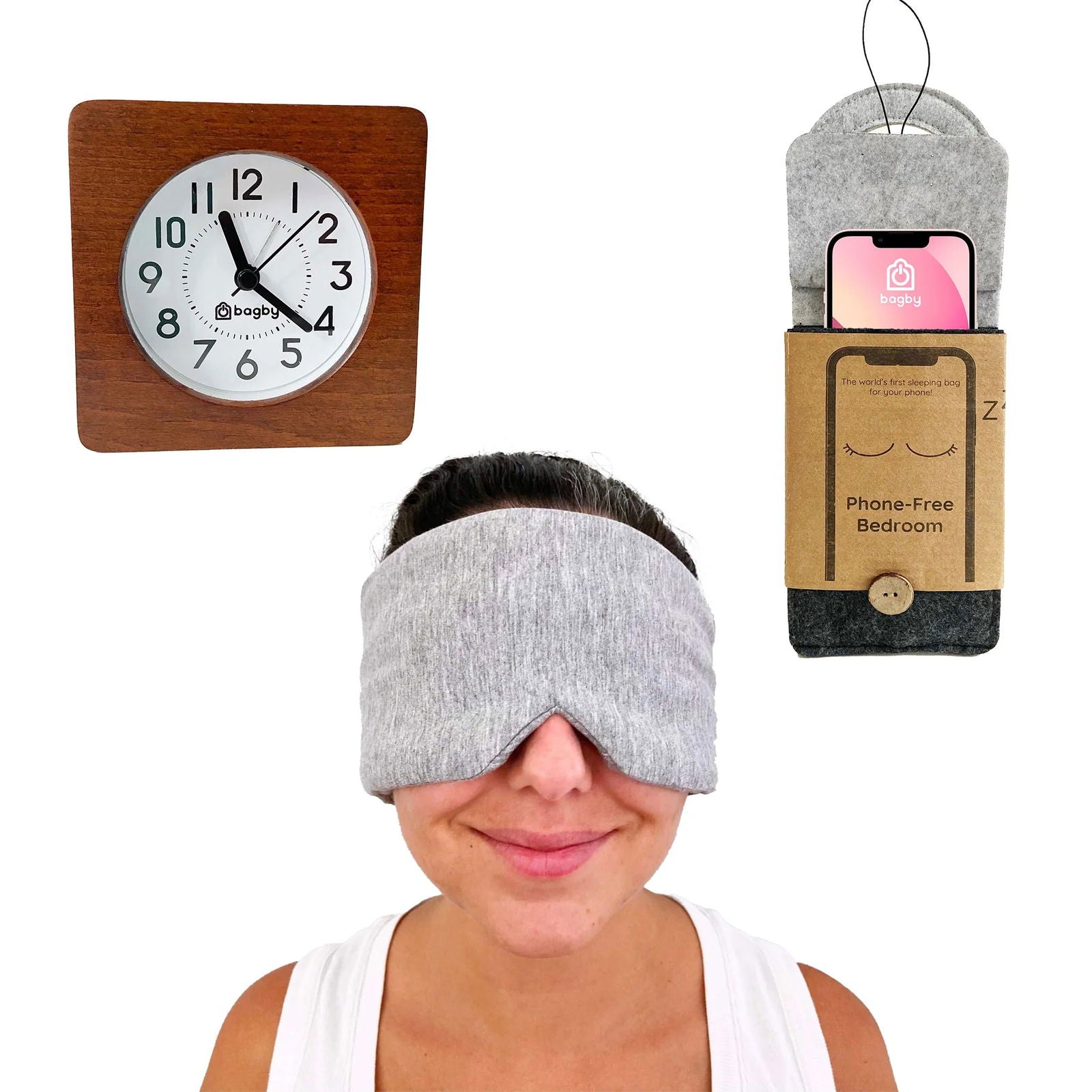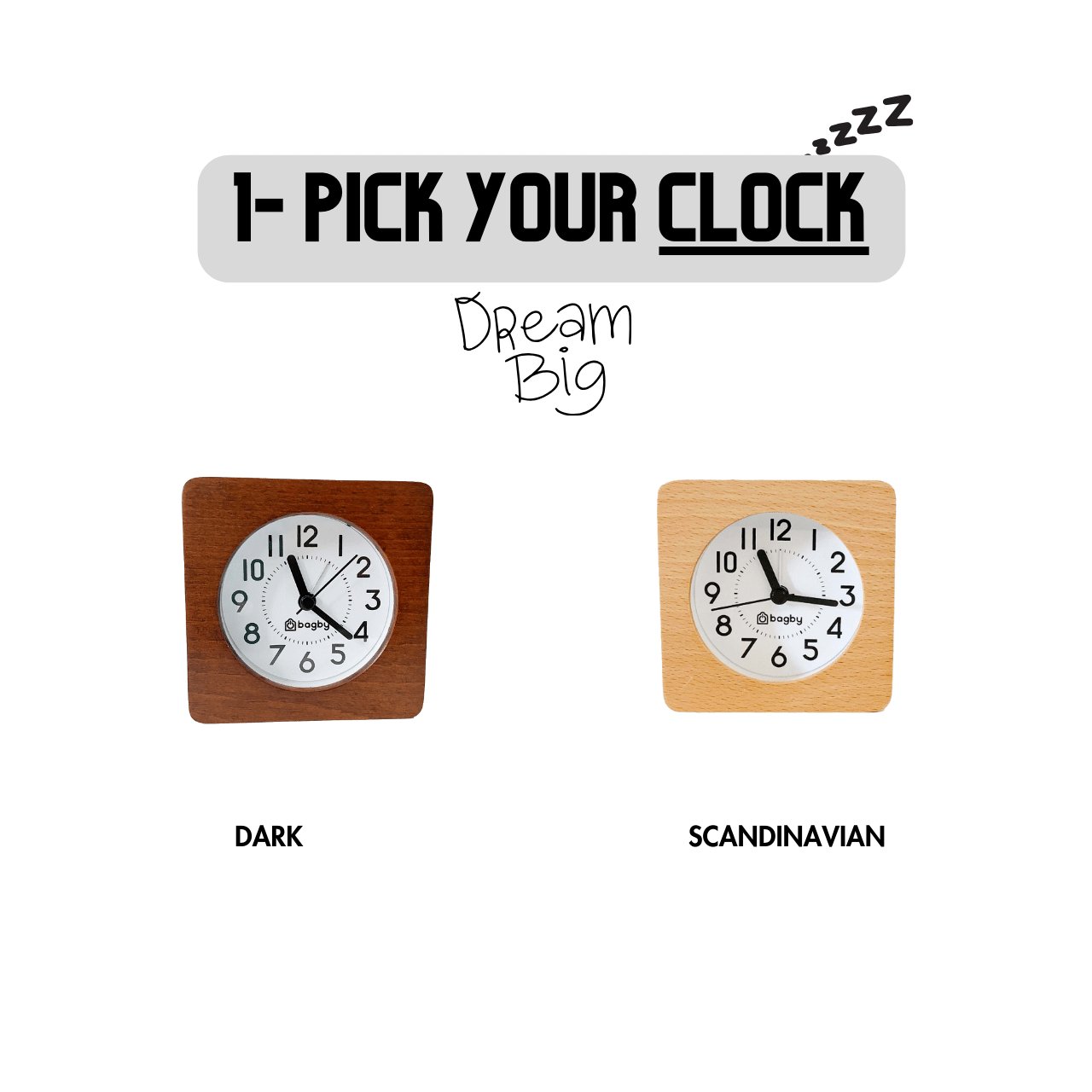Do you find yourself unable to fight the urge to check your phone constantly? No matter how hard you try to resist, you can't seem to let go of it. And no, being in the presence of family or friends doesn't do a thing to stop you from scrolling away. Sounds familiar? If so, the chance is you're addicted to your phone or, rather, a part of it: its screen. Although it might seem harmless, this kind of addiction can have serious consequences. In fact, several sources seem to indicate that there is a certain relationship between screen addiction and anxiety disorders.
But how true is this, and to what extent are people affected by both conditions? We aim to explore this and more!

Why is screen addiction concerning?
Screen addiction may seem like a buzzword. Sadly, it's a real thing. You might think that the worst thing that can happen to a screen addict is impaired relationships. Unfortunately, consequences can be much more severe, with this addiction impacting the mind.
For example, did you know that adolescents who spend significant time on social media are at a higher risk of developing mental health issues, including anxiety and depression? Furthermore, the constant need to check updates and notifications can create a cycle of stress and worry that exacerbates existing anxiety disorders.
Not to mention, screen addiction disrupts normal sleep patterns. That's because the blue light interferes with the production of a hormone responsible for sleep regulation—melatonin. As a result, individuals ''glued to their phones'' often suffer from insomnia. Or, at the very least, they have poor sleep quality that leaves them feeling restless, stressed out, and more anxious than ever.
The stress linked to excessive screen time also stems from the constant pressure to stay online and be responsive. Those who succumb to it find it difficult just to switch off and relax and commonly find themselves in a state of burnout and constant tension.
Behind the relationship between screen addiction and anxiety disorders
The previous section hinted that a relationship between screen addiction and anxiety disorders exists. The question is: why are screen addicts prone to anxious episodes?
To explain this, we must first explain how constant screen time affects the brain and behavior.
The human brain is hard-wired to react to rewards. When we receive a like, comment, or any kind of interaction on social media, our brains pump out dopamine, a chemical linked to feeling good and getting rewarded. As time goes on, the brain starts to yearn for this dopamine rush, which leads to a harmful cycle that turns into an addiction.
Now, say we weren't able to check our screens for a while. What would happen then? Well...our bodies would keep craving visual stimulation. Seeing as it wouldn't get satisfied, we'd start feeling queasy. And that's when the anxiety begins.
Screen addiction doesn't only lead to anxiety, though. It can make it worse for people who already struggle with it, particularly those struggling with social anxiety. Why? Because the flawless lives we see on social media create unrealistic standards for joy and personal fulfillment. While most of us know that almost nothing we see on social media is true, some people can't help but compare themselves to others, which only makes them feel not good enough and overly anxious.
There's also the problem with information overload. With never-ending news feeds and alerts, our brains keep processing new information, which is often bad or stressful. It's a loop that doesn't end when you think about it. More screen time means more information, which leads to more stress.
In the end, using screens is often isolating. Yes, social media should bring us together. But when used too much, it can cause people to withdraw, as they spend more time online than hanging out with their friends and family in real life.
How to curb anxiety caused by screen addiction
What can we do to break free from this cycle and reduce the anxiety linked to screen addiction? Let's cover a few tips!
1 Set boundaries with technology
Decide on specific times of the day when you will check your phone or browse social media and stick to them. You might start by gradually reducing your screen time while setting smaller goals and working up to longer breaks.
For example, why not set a rule that there should be no screens an hour before bed? This will not only help you cut down on screen time but also help you improve your sleep quality. It's killing two birds with one stone!
2 Use technology to fight technology
Interestingly enough, technology itself offers tools to help manage screen time. Many apps and built-in phone features can track your time on different apps and websites. Use these to set limits and receive alerts when you exceed your set screen time.
3 Spend time ''offline''
Find activities that involve unplugging from technology, whether playing sports, reading books, or spending time with friends and family in person. These can be incredibly fulfilling and distracting from the urge to check your phone.
4 Create a screen-free environment
Forbid screens from certain areas in your home, like a bedroom, make it a rule for all household members. To further encourage face-to-face interactions between family members, consider banning phones from the dining table.
5 Seek professional help if needed
If you find that your screen addiction is getting out of hand and causing severe anxious episodes, consider getting professional treatment for your anxiety. Cognitive-behavioral therapy, for example, is effective in treating anxiety disorders and can even help address underlying issues related to screen addiction.
Say goodbye to screen addiction and anxiety—simultaneously!
The relationship between screen addiction and anxiety disorders does exist. But that doesn't mean you are doomed. The fact is, there are ways to break free from screen addiction, just as there are ways to alleviate anxiety. Of course, you can't overcome this problem in a day; recovery takes time. So, arm yourself with patience and give yourself as much time as you need to get better. You may slip up, but don't despair if that happens! Stay determined in your fight against screen addiction and say goodbye to both it and anxiety–at once!
Sources: https://bmcpsychology.biomedcentral.com/articles/10.1186/s40359-023-01166-7


